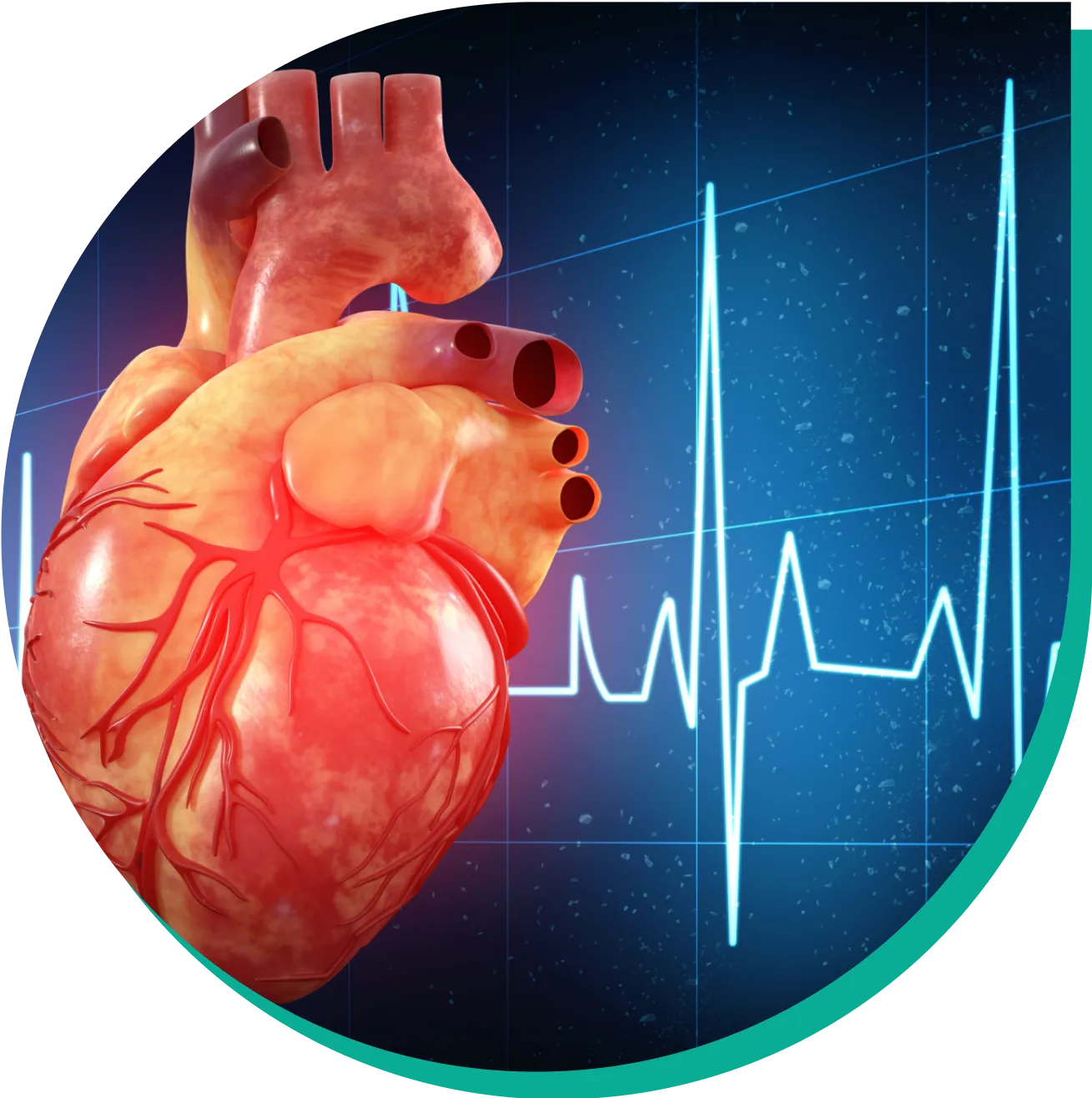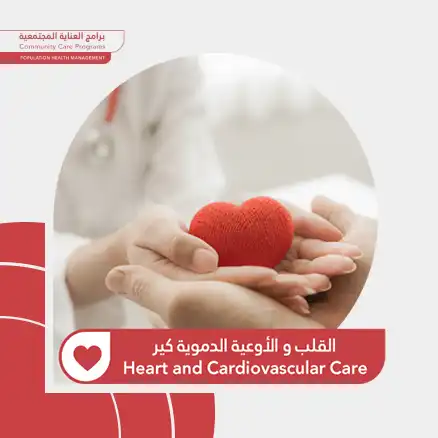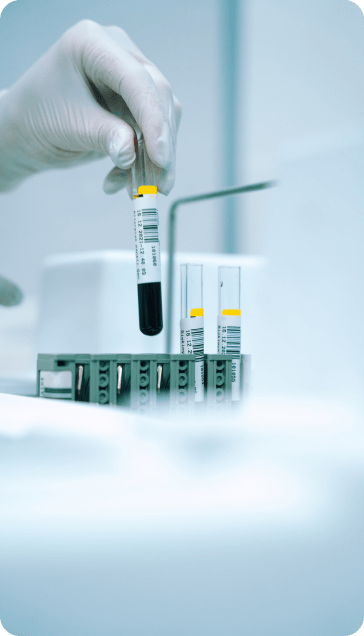
Al Borg Diagnostics
Heart Health in Ramadan
Fasting during Ramadan carries many benefits for the body, such as aiding in weight loss, controlling cholesterol and blood pressure levels, and reducing the risk of diabetes.
Recent studies have proven these benefits, prompting doctors and nutritionists to encourage their patients to follow intermittent fasting due to its advantages. In this article, we will provide important information about heart health during Ramadan: (1)
Heart Health in Ramadan
Numerous studies have shown that fasting during Ramadan has several benefits that positively impact heart health. Here are more details about heart health during Ramadan, which can be found in the following points: (2)(4)(5)(7)
- Reduces the risk factors for cardiovascular diseases, such as fat levels, systolic blood pressure, weight, body mass index (BMI), and waist circumference. This, in turn, promotes heart health and protects against diseases.
- Helps control diabetes: Abstaining from food during fasting periods helps regulate blood sugar levels by improving cellular insulin response, which reflects in maintaining heart health.
- Aids in weight loss: Excess weight and obesity are strongly associated with heart diseases. In contrast, fasting during Ramadan provides a golden opportunity for weight loss, reducing heart disease risk.
- Protects the heart from inflammation: Studies have shown that fasting during Ramadan helps lower the levels of a protein known as galactin, which is a cause of heart inflammation.
- Facilitates smoking cessation: Many medical authorities consider Ramadan as an opportunity to encourage smoking cessation. Smokers can easily quit during this time. It’s worth mentioning that quitting smoking helps prevent the risk of heart disease.
The Impact of Ramadan on Heart Patients
Although fasting during Ramadan promotes heart health, it is unsuitable for all heart patients. So if you have heart conditions, it is advisable to consult your doctor regarding the possibility of fasting during Ramadan. Your doctor may advise against fasting or adjust your medication dosage.
These recommendations are made because fasting during Ramadan can positively and negatively affect your heart. Keep reading for more details: (3)(6)
Positive Effects
Learn about the positive outcomes and effects of fasting during Ramadan, as concluded by studies:
- Helps control blood pressure: High blood pressure is a risk factor that increases the likelihood of heart disease. However, studies have shown that fasting during Ramadan significantly reduces systolic and diastolic blood pressure levels. This means that these patients may need to reduce their medication dosage.
- Reduces the likelihood of death from heart diseases: A study conducted on patients with coronary artery disease showed that fasting during Ramadan helped alleviate and control their symptoms, reducing the risk of death.
Negative Effects
Now, learn about the potential adverse effects of fasting during Ramadan on heart patients:
- Associated with dehydration: Fasting can lead to dehydration that affects blood electrolyte levels, which may cause irregular heartbeats, so may have a negative impact on heart health during Ramadan.
- May cause a sudden drop in blood pressure: Some patients take medications that regulate heartbeats, which can lower blood pressure levels. Fasting also leads to decreased blood pressure levels, resulting in a sudden and severe drop in blood pressure, leading to fainting and other complications, especially in elderly patients.
- Difficulties in medication adherence: Some heart patients may find it challenging to adhere to their medication schedule due to long fasting hours, posing risks to their health.
Therefore, to determine if you are suitable for fasting, it is essential to consult your doctor. Your doctor may request various tests to monitor heart health. You can visit the branches of Al-Borg Diagnostics for specialized cardiac tests; these laboratories offer comprehensive packages to monitor heart health. Do not hesitate to obtain it to preserve heart health during Ramadan.
References:
- https://www.clevelandclinicabudhabi.ae/en/health-byte/pages/how-ramadan-can-boost-your-health-and-wellbeing.aspx
- https://health.clevelandclinic.org/fasting-how-does-it-affect-your-heart-and-blood-pressure/
- https://heart.bmj.com/content/108/4/258
- https://www.mayoclinic.org/ar/diseases-conditions/heart-disease/expert-answers/fasting-diet/faq-20058334
- https://www.heart.org/en/news/2021/11/18/intermittent-fasting-may-protect-the-heart-by-controlling-inflammation
- https://www.ncbi.nlm.nih.gov/pmc/articles/PMC4849186/
Check your health with
Heart and Cardiovascular Care





